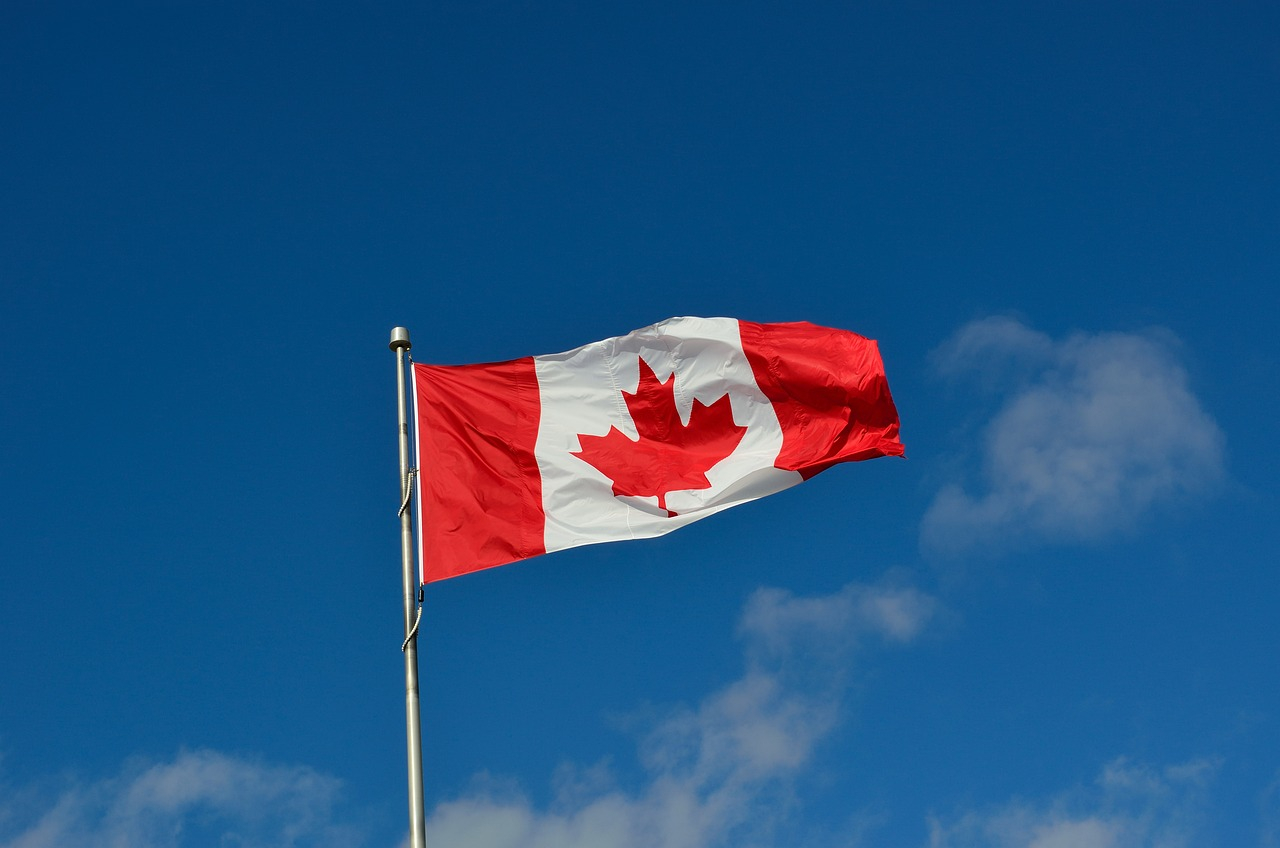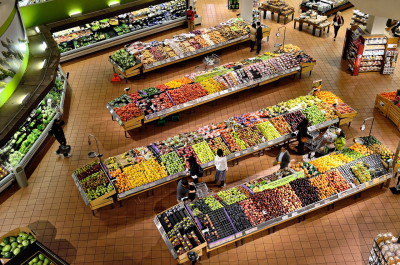Gold reaches new heights in 2024 – key points for investors
Gold has become one of the year’s most profitable investments. With prices climbing over 30% and reaching a historic high of USD 2,748.23, many investors are looking to gold as a secure option amidst economic uncertainty. The factors behind this surge include the U.S. Federal Reserve’s recent interest rate cuts and shifting global financial policies.
Spis treści:
Key financial steps for new immigrants in Canada
Moving to Canada requires adapting to new financial practices. Opening a bank account, understanding taxes, and planning for retirement are essential tasks to establish financial stability in a new country. This guide covers the basics to help newcomers set up a solid financial foundation.
Table of contents:
Canadian cities combat illegal clothing donation bins
Across Canada, cities are taking action to curb the presence of illegal clothing donation bins suspected of connections to organized crime groups. The city of Markham, Ontario, has successfully removed numerous unauthorized bins, despite threats and challenges, setting an example for other municipalities.
Table of contents:
Ongoing butter thefts in Guelph continue to challenge local stores
Butter theft is causing major concerns for businesses in Guelph, Ontario. Over the past ten months, there have been numerous incidents of large-scale butter thefts, costing stores thousands of dollars in losses. Despite previous cases, the frequency of thefts remains high, with two major incidents occurring in October alone. Table of Contents:
Boeing faces financial turmoil - borrowing billions amid ongoing crises
Boeing, one of the largest aerospace manufacturers, is grappling with severe financial difficulties. The company is now looking to raise billions in funds to address its mounting debts and operational challenges. A significant worker strike, halted production, and safety issues are contributing to Boeing's struggle, with further impacts expected in the coming months. Table of contents:






 Are you thinking about investing in real estate in Albania? Looking for a safe and profitable opportunity? Balfin Real Estate
Are you thinking about investing in real estate in Albania? Looking for a safe and profitable opportunity? Balfin Real Estate The issue of tariffs has gained significant attention in Canada following months of warnings from U.S. President Donald Trump. Tariffs
The issue of tariffs has gained significant attention in Canada following months of warnings from U.S. President Donald Trump. Tariffs The Canadian government has taken decisive action following new U.S. tariffs. Prime Minister Justin Trudeau announced immediate countermeasures after President
The Canadian government has taken decisive action following new U.S. tariffs. Prime Minister Justin Trudeau announced immediate countermeasures after President

